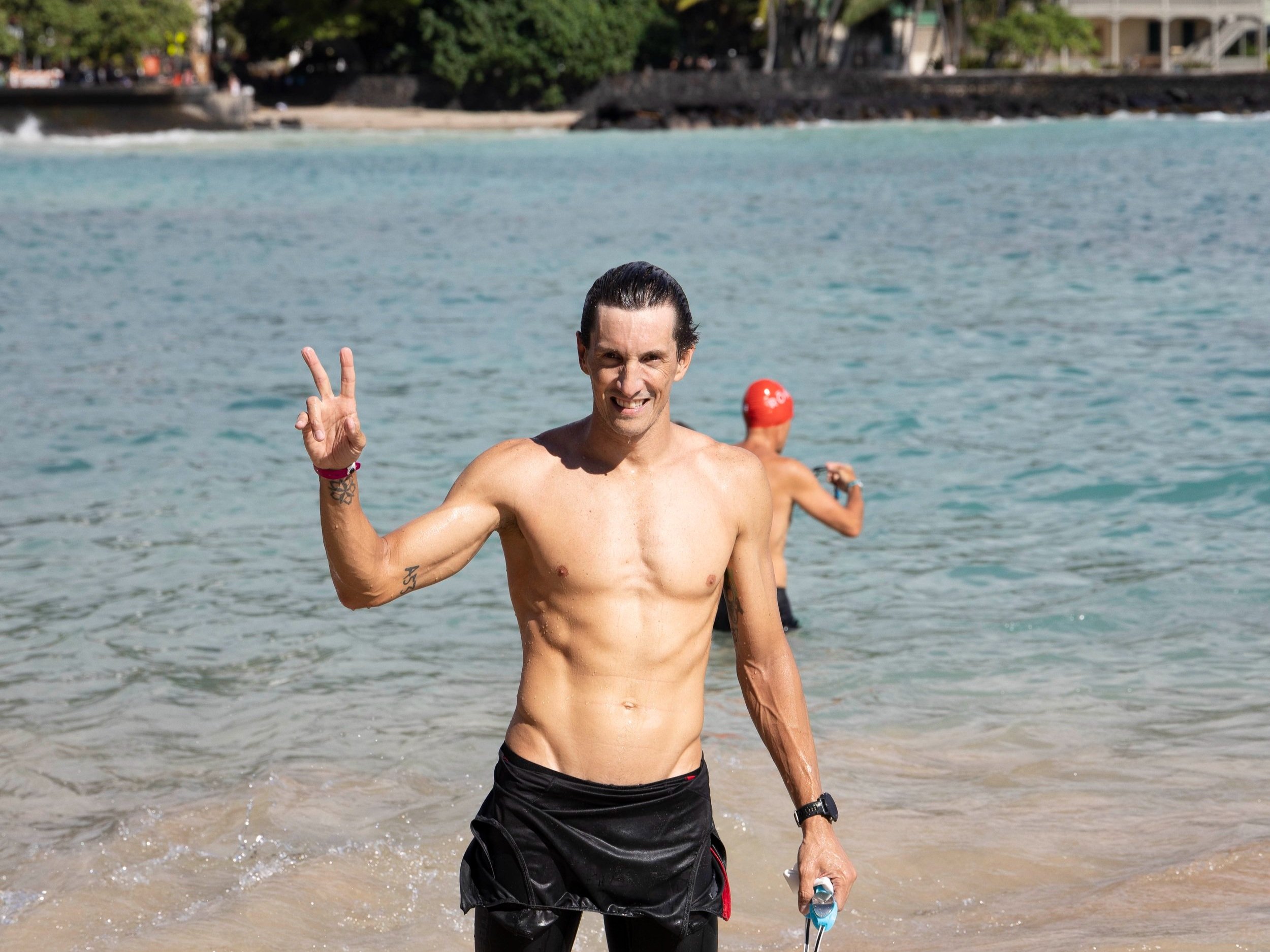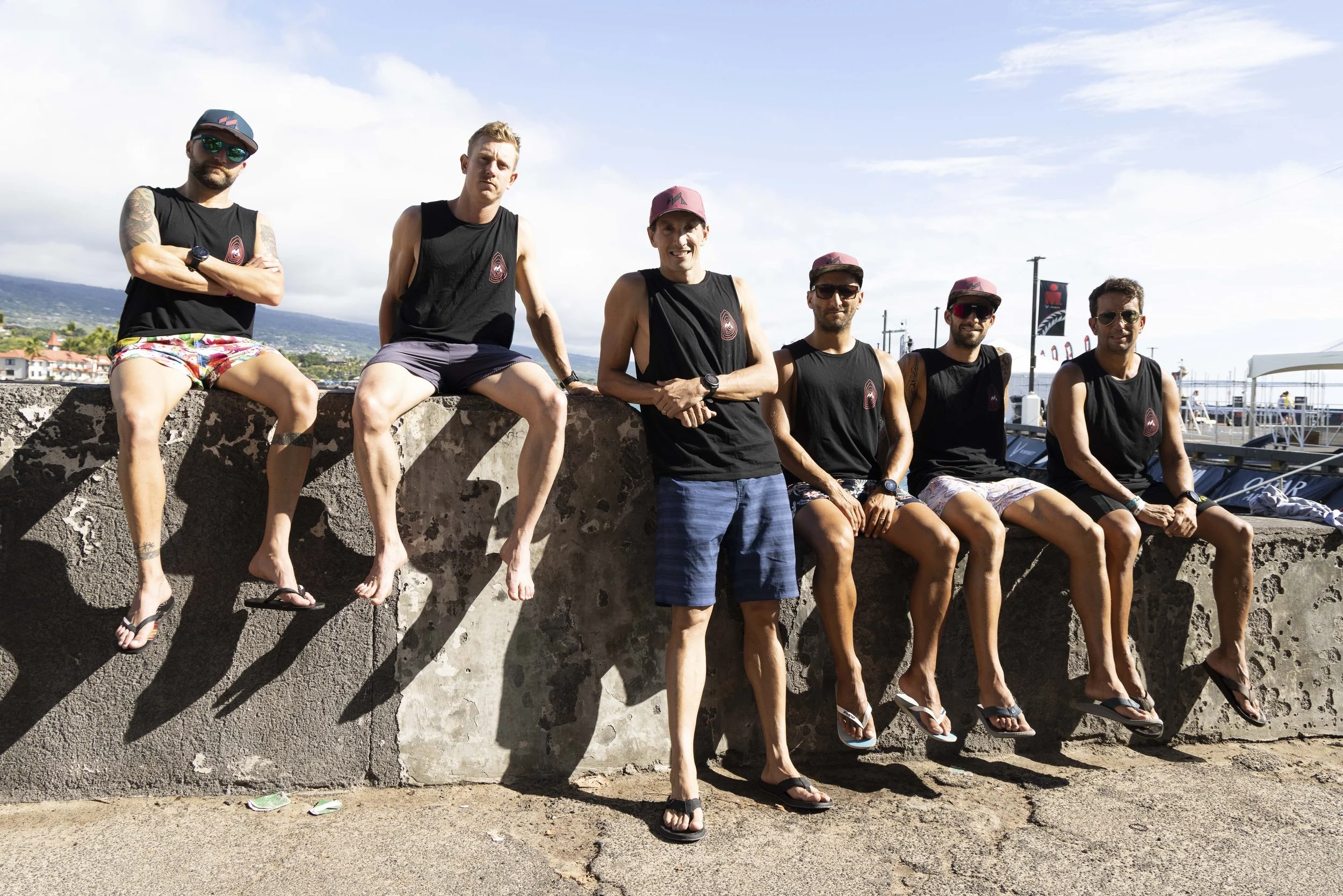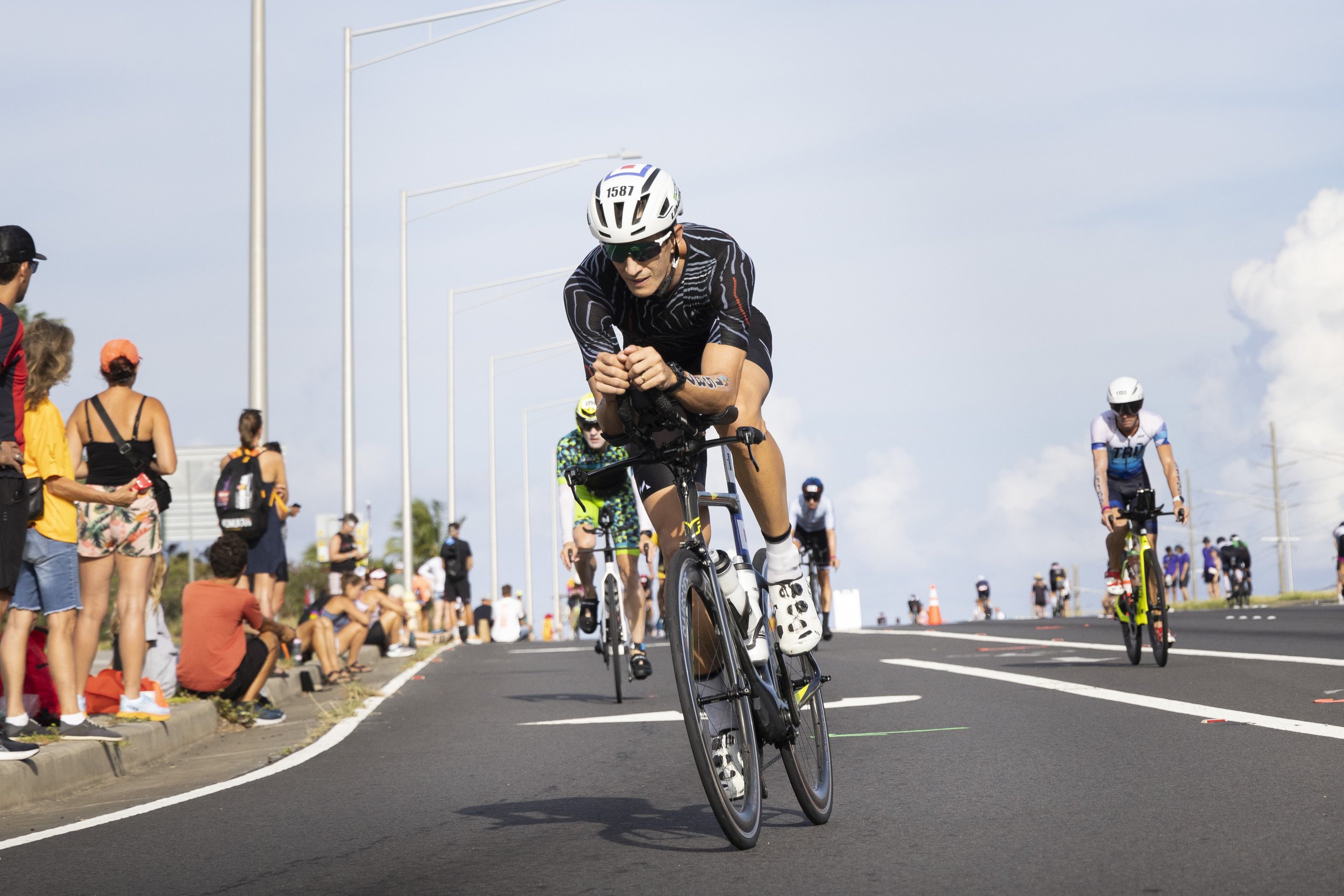Off season? Now what?
Your race season is over…
If you love the excitement of racing and all the preparation that comes with it, off season is likely the time of the year that you ask yourself, “now what”?
After months of training focusing on your “A” races, you need to slow down and let your body recover. This will in turn make you ready to tackle your next season. During these weeks, when you plan to give your goggles, bike, and running shoes a break, comes a great opportunity to rest, develop, improve, and focus on skills that directly and indirectly affect competitive performance.
In order to make the most out of it, I recommend you set it up as entering a period of transition, and not “off-season”. Why transition? Because many athletes (by mistake) think they should stop moving, but this is something our bodies will not appreciate.
To make the most out of it, and still take a well deserved break, I’ve put together a list of recommendations. Not all will be applicable, but you will definitely get ideas. To have the highest chance of success, adapt them to your lifestyle and your needs.
Off-season recommendations:
1.Variety.
Take two to three weeks to practice different sports. If possible, schedule them during the holidays, so you are also able to enjoy the moment by giving your perfect nutrition plan a break. Gain weight and don’t stress.
I know it’s easier said than done, but please don’t worry! Even if you really want to stop completely because you have planned a long family trip, or you are using this time to get a surgery you need, know that the losses you will have are quickly recoverable.
2. Stay on the wagon.
A few weeks is just that. 2 to 4 weeks, not 3 months! It’s important to mention that the longer you stay away from training, the more your VO2 max will continue to decrease. After 4 weeks off, the average athlete will see a decrease of 6 percent. After 9 weeks, that jumps to 19 percent, and after 11 weeks of no aerobic training, most people have lost 25 percent of their VO2 max.
3. Expand your horizons.
If you can’t be away from cycling for example, try to explore trails on a mountain bike once a week. Missing your yards in the pool? Find a lake or ocean and swim freely. Your body is asking you for a run? Try hiking or trail running instead.
4. Disconnect.
This a great time to leave your devices such as watches, GPS, or monitors of any kind at home. Exercise for the pure pleasure of moving and because you love it.
5. Hit the gym.
Use this transition period to get stronger by adding more days in the gym, or starting a program if you are not on one yet. A stronger body will make you perform better throughout the year and be less susceptible to injuries.
6. Time for change.
Where you feeling uncomfortable on your triathlon bike this season? Perhaps you are still riding a road bike, but you are ready to finally invest on a TT bike... Whatever your case might be, now is the time to make changes. Schedule a bike fit with a knowledgeable professional and use these low mileage weeks to adapt.
7. Get a checkup.
In between seasons is the best moment to schedule your preventive checkup. Visit a doctor and ask for a complete bloodwork as well as cardiac tests to make sure you can push your body to its full potential next season.
8. Take your time.
Do not jump back into training from one day to the next. Gradually start to incorporate the sports you neglected. Know that you will not be at the level that you were when the off-season started, and that is OK. Remind yourself that the benefits of this time far outweighs whatever losses you now have.
9. Get a coach.
If you really want to have the best race season of your life, take this time to find a good coach. Having a custom training plan that matches your goals and lifestyle will completely change your journey in the sport.
Rodrigo Tome
Rodrigo is a Competitive Age Group Athlete and a Triathlon Coach. Check out his coaching profile!



